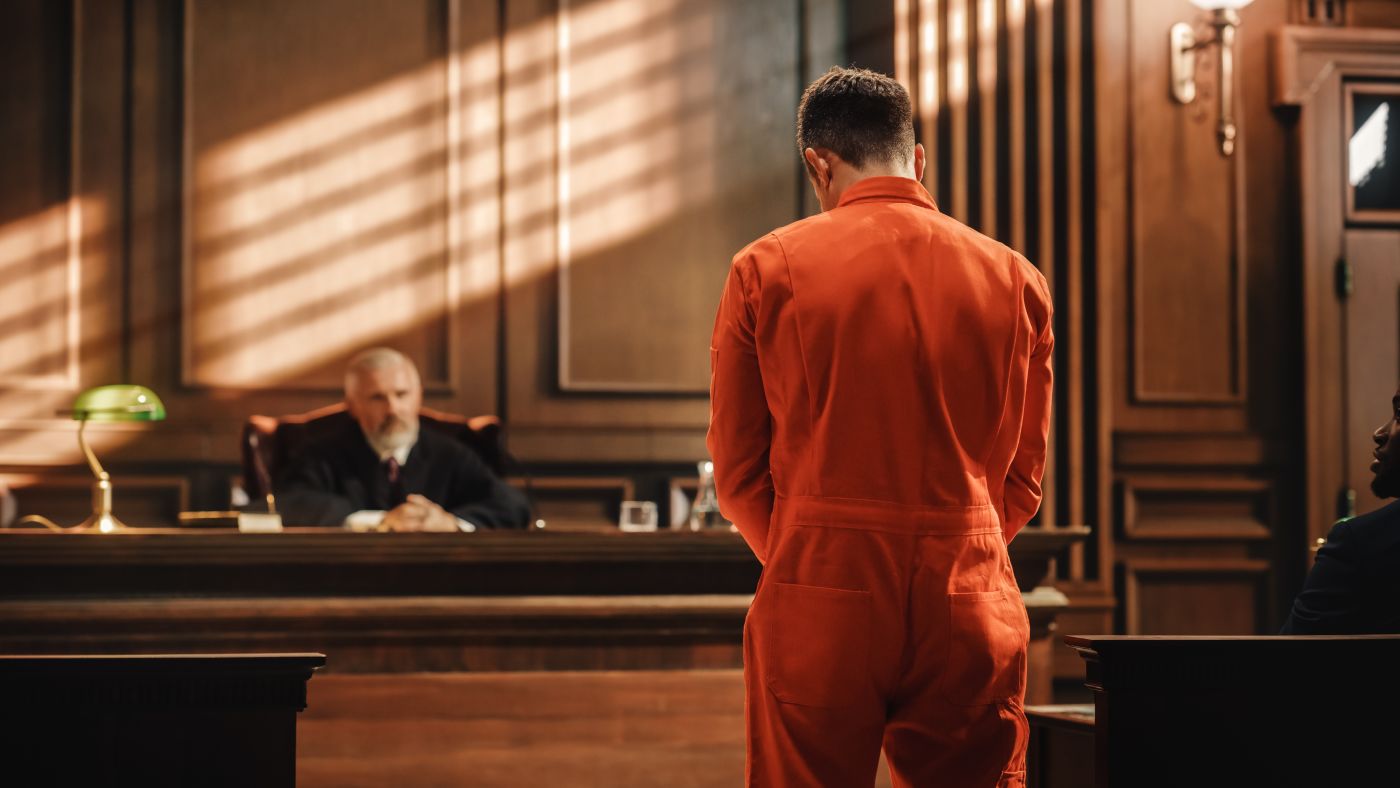Your Constitutional Rights
• Right to a lawyer
• Right to cross-examine and confront witnesses
• Right to testify on one's own behalf
• Right to remain silent
• Right to use courts' subpoena power to compel witnesses to testify
• Right to a jury trial (in most cases)
• Presumption of innocence
Legal Terms and Meanings
Not Guilty Plea: A plea by the defendant claiming innocence.
Guilty Plea: A plea by the defendant admitting guilt.
Nolo Contendre: By issuing a plea of nolo contendre, or "no contest", the defendant accepts the punishment without formally admitting that he/she was guilty. By doing this, he/she avoids the consequences of a guilty plea with regard to potential liability to other people for civil damages (money damages).
Arraignment: An arraignment is the process by which the defendant is read his rights and the list of charges against him is explained.
Felony: A felony crime is punishable by one (1) or more years in state prison. Sample felony crimes include murder, rape, or armed robbery.
Misdemeanor: A misdemeanor crime is punishable by up to one (1) year in county jail. Sample misdemeanor crimes include drunk driving, disorderly conduct, and shoplifting.
Preliminary Hearing: This only occurs when the defendant's plea is "not guilty" in a felony charge. A preliminary hearing is shorter than a trial but operates similarly. It is conducted in front of a judge without a jury present. The primary goal of a preliminary hearing is to identify which charges are fit for trial and which are not.
Municipal Court Trial: A trial in lower court for a misdemeanor.
Sentencing: Once the defendant has plead guilty or received a guilty verdict by way of trial, he/she will be sentenced.
Appeals: After a defendant has been found guilty by way of trial, the defense attorney may request a higher court to reverse the lower court's decision.
Pretrial Conference/Plea Bargaining: The pretrial conference is a formal setting where plea-bargaining occurs.
The prosecution may offer alternative sentencing. The charge may be changed to a lesser charge. The number of felony counts may be dropped. A lesser punishment for the same charge may be agreed upon.
Trial: The process by which a defendant is tried on charges and considered guilty or not guilty. Defendants charged with serous misdemeanors and felonies may be entitled to jury trials.
Minor misdemeanor charges may be entitled to trial by judge.
The rules differ state-by-state.
Voir Dire: The process of selecting a jury through questioning by attorneys. This is the time when the attorneys may set the tone of the trial. Many cases have been won or lost in voir dire.



